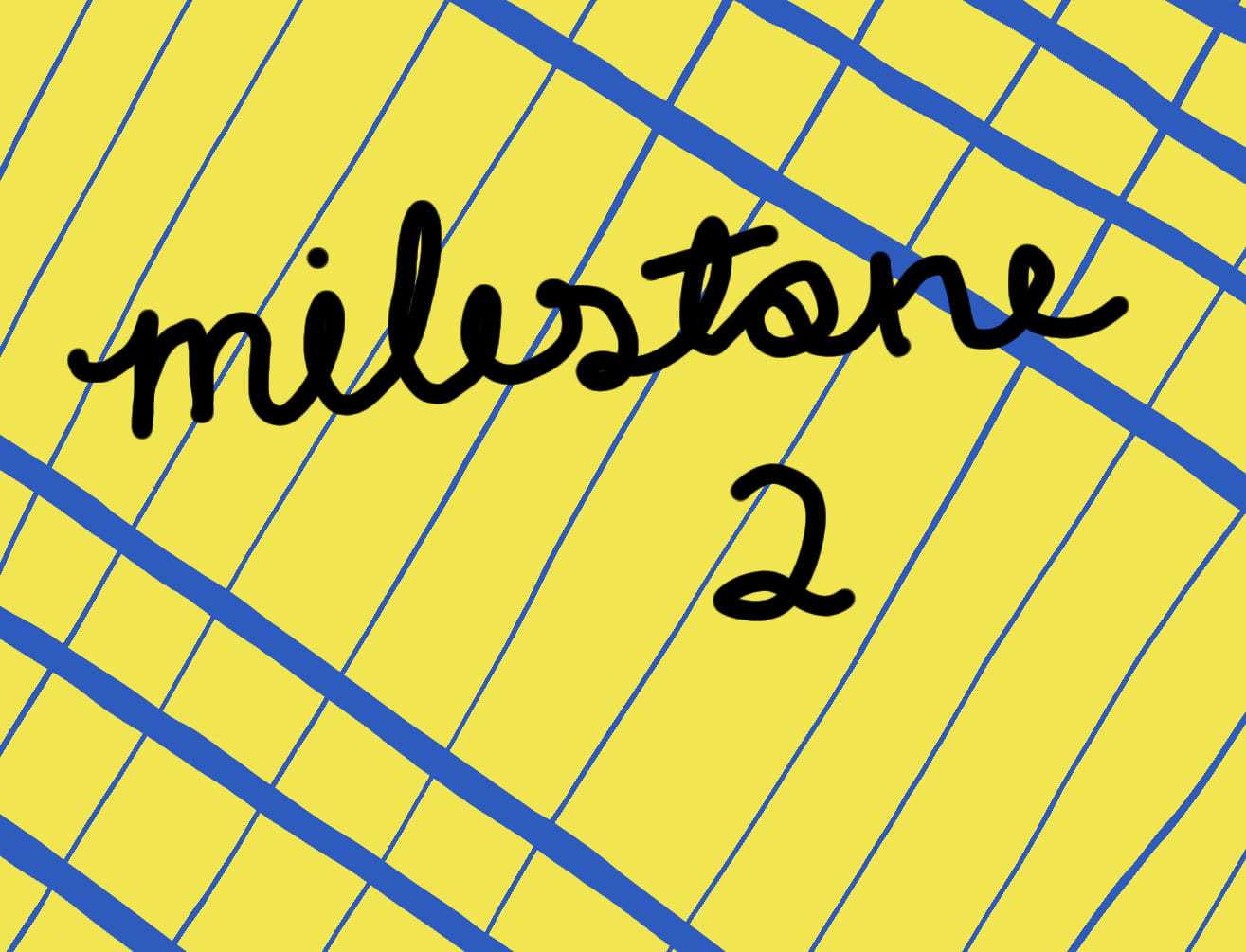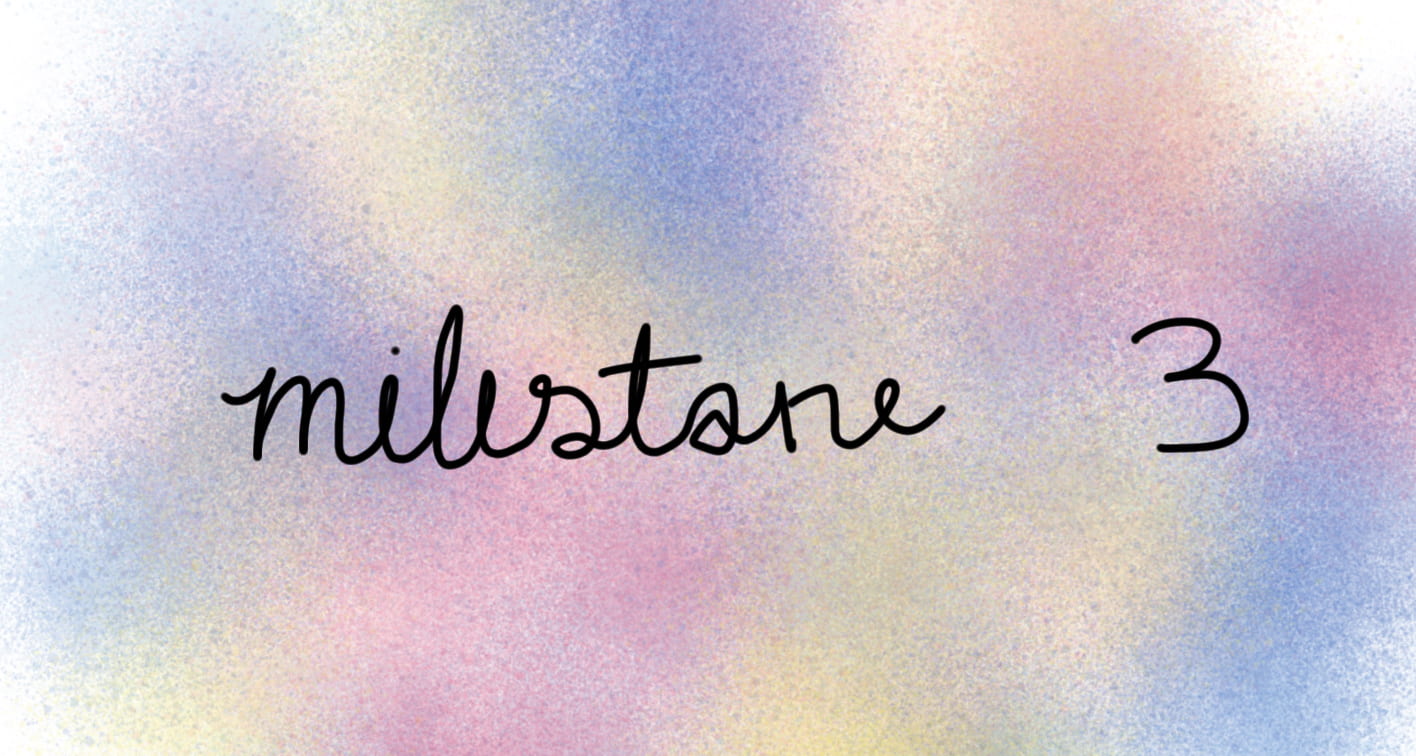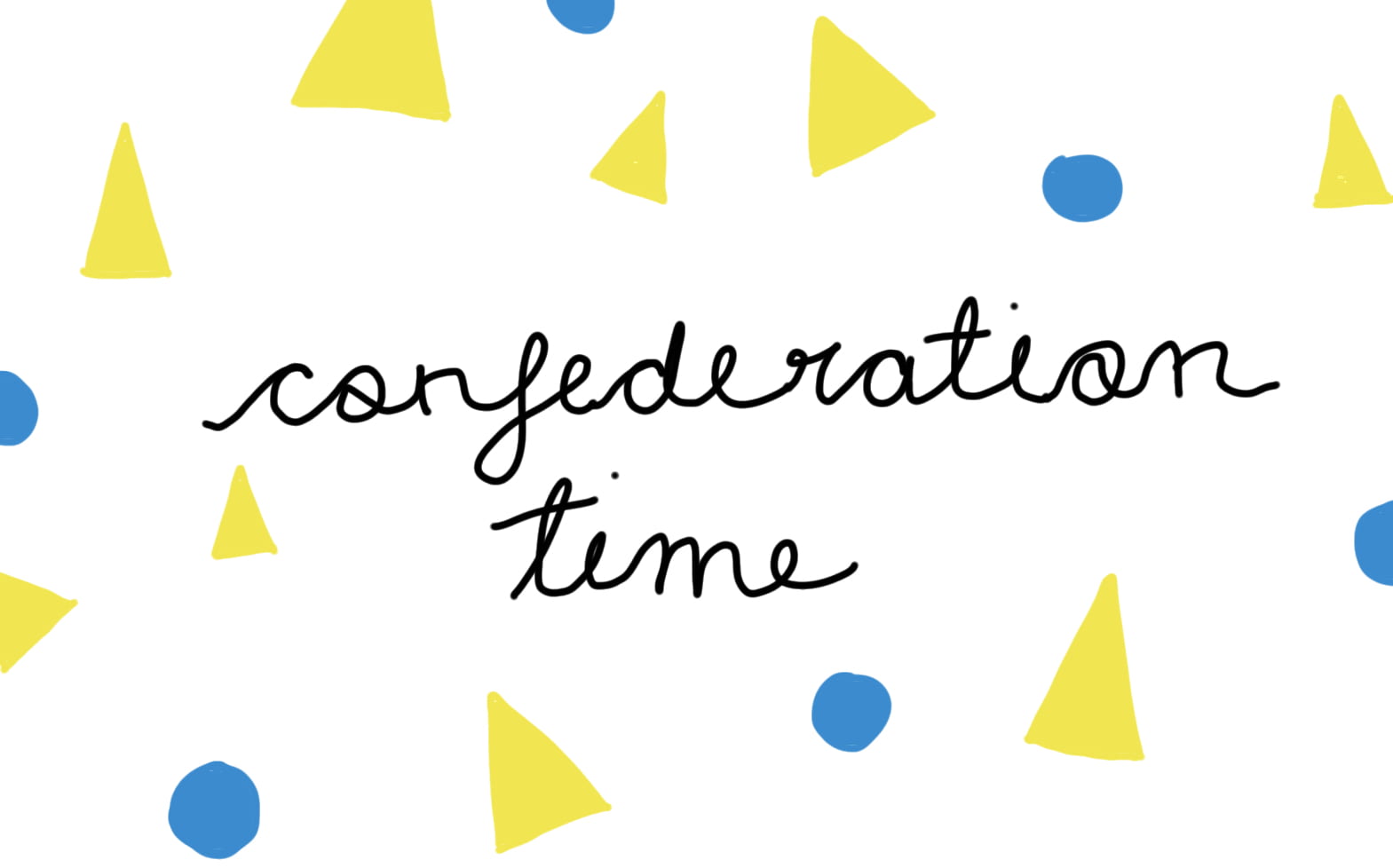Salutations
Pop quiz: What were the leading variable(s) colossally important to the confederation of Canada
A) A debacle between the colonies
B) British Columbia’s incessant need for a 365 day port
C) There were many, all dependant on the individual needs of each colony
D) Self defence from the rapidly industrializing United States
If you chose either A or B, then perhaps I can share several bits of my accumulated knowledge. For those of you who chose C or D, congratulations! You probably have a basic knowledge of ninth grade Canadian history.
The process
Oct. 14, 1844 – John A. Macdonald is elected to represent Kingston, Ont., in the Legislative Assembly of Canada.
Feb. 02, 2020 – The civil students of PLP gather into their colony groups.
My group consisted of Rhiann, Gabe, Kaden and Grace. We formed a conglomeration of (cough*superior*cough) individuals who named themselves Nova Scotia. You could tell right off the bat that the group has been well conformed because we were all comfortable with sharing our ideas. This was a large contributor to the success of our final product
Dec. 31, 1857 – Queen Victoria names Ottawa as the new capital of Canada.
Feb. 03, 2020 – PLP 9 begins their first milestone on the confederation journey.
The first milestone that introduced us to this project was “Milestone 2: Initial Evidence.” This involved our colony researching ethical sources to justify why we should, as well as why we should not join confederation. This competency helped me because it gave me a chance to exercise the curricular competency “Evidence.” This involves determining all aspects of an article, as well as thinking deeply about the subject matter. This correlates to whether or not the article speaks the truth. In the past, as I have mentioned that I enjoy this process. Seemingly, judging is one of my strengths. I see large improvement between the way I used evidence in this project, compared to when I used it last time. For instance, I have gotten better at citing my sources, as well as delving deep into a subject rather than skimming the surface. Overall, I am incredibly proud of my improvement. Yet, in contrast to my peers my weaknesses in this category are obvious. My goal in the future for this competency would be to stop juxtaposing myself to others, but instead to yesterday. I can continue to do more, and go beyond what is necessary.
Sept. 7, 1864 – Maritime delegates at the Charlottetown Conference offer unanimous support for the idea of Confederation. The conference was supposed to focus on uniting the Maritime provinces, but an unofficial delegation from the province of Canada derailed the agenda and delegates agreed to the broad outline of a federal union that would eventually include Ontario, Quebec, Nova Scotia and New Brunswick in 1867.
Feb. 04, 2020 – The students of PLP recreate the Charlottetown conference, proposing their demands for confederation
Furthermore, we can see more of my potential when we consider Milestone 3: Our Preliminary Proposals. At this point, I had a good understanding of the historical significance of confederation. What I did not know, was how our demands would be met by the other colonies. Grace, Rhiann and I put together a set of proposals that we had tested against the research that we had done. In advance to the actual conference, I wrote a script that was revised, and inclusive of the research that we had done. I thought I presented this eloquently, using the skills that I had developed. On the other hand, I could have improved our slideshow. Because of a miscommunication, our slideshow was not done when I got to class in the morning, meaning that although several slides turned out well, others did not. This is my polite way of saying that the work was not cut evenly. Next time, I could communicate with clarity who is assigned which task over Basecamp. This would mean that the teachers would have the ability to see how much work I did, and my teammates and I could avoid the early morning rush.
July 1, 1867 – The collective colonies of Nova Scotia, New Brunswick, Upper Canada and Lower Canada sign onto confederation and form the united country of Canada.
Feb. 06, 2020 – Nova Scotia submits their final commercial in reach of forming confederation.
Of all of the tasks that I tackled in this project, this stage was by far the hardest. Using a green screen as well as our iMovie skills, we created a final product that involved interaction with our background, as well as our tech savvy ability when it comes to iMovie. I was particularity impressed with how we showed our breadth of understanding of iMovie, by extending beyond what we had been taught in class. Unfortunately, not all was well and done that quickly. We made several errors in the process. For starters, we gave our other classes priority over commercial filming. In consequence, our final project was summed up much later than our timeline implied. I talk about this subject a lot in my blog posts, yet I have made slim to no impact on my work habit. In the future, I want to assure that all I do is posted in Basecamp. If all of my progress is seen by both my teammates and teachers, I will be more inspired to improve and extend upon my work habits. By the time I post by next project summary blog post, I will have plenty of proof to indicate my efficiency.
Curricular competencies
Evidence
How do we evaluate evidence to decide if it is adequate to support a historical conclusion?
As I mentioned in the latter paragraph, I have seen a vast improvement in my ability to asses evidence since the last project that we did. I have become more aware of indicators, as well as more adequate at citing my sources. To practice this competency, I created the following Keynote.
https://youtu.be/dWMb8jWXmxE
By using research on a given topic, laying out my questions and then elaborating from the answers I was able to effectively sum up my findings. I followed the same trajectory with this Keynote as I did with my confederation research. All in all, I am very happy with how I ended this term. Despite the fact that I may not be elated with the marks that I got along the way, letter grades are consuming less of my brain power. I am the judge of how much I have improved, an knowing that there is a possibility that I can become a better version of myself is more validating than any letter grade that I will ever receive.
Create
What literacy skills am I using to write, speak, and represent in the texts I create?
Have I used techniques applicable to the time in which I am studying? Have I used innovative, and thoughtful techniques to complete the task at hand? Have I effectively represented the story that I am trying to tell in my final product? All of the answers to the latter questions are yes. I used amassed knowledge about research to weave parts of Canadian history into my every day life. Speaking to my peers and debating on historical details and educating my little brother on the subject to be specific. I took a video that we had seen in class, and encapsulated the main idea using that technique, as well as others. We found these other techniques via playing around, and testing our limits with iMovie. Along the way, we overcame hurdles by using our creativity. For instance, we finished filming only to realize that half of our footage was rendered unusable. At 8 o’clock on a Tuesday, I gathered supplies to create my own green screen. The green screen was created from recycled material that I used during the winter exhibition. Talk about ad-libbing.

Our journey does not end there. After presenting our final video, dazzling the other colonies and forming alliances (and enemies), we received less than stellar feedback. I am being open about this, because it is important both to me and to others that we understand that the mark is not what actually matters. Nonetheless, I have and always will strive to improve. I changed several details, such as the length and volume of the video. (Note to self: pay more attention to the length of the video). This was the final product.
https://youtu.be/xxcg-0OoI-I
As you can see, the video is far from perfect. What I do like about it is the fact that it uses interesting methods and engaging storytelling to convince the audience of it’s intention.
I have tried writing this paragraph hundreds of times by now. In all honesty, I gathered all of the footage and edited the video all by myself. I am in no way throwing my team mates under the bus, because I understand that they each have their own independent activities outside of school. I am angry about the fact that the video, animations, and credits were not done by my classmates. Predominantly, this is because I agree to too much too often. In the future, I need to assure that I am sorting out my priorities before agreeing to anything. There it is. I am going to go regret my decision now.
I am going to miss this project, mainly because having an excuse to debate with others is an automatic win with me. If I could go back, and do the process differently you would not need to ask me twice. Fortunately, I learned many important lessons along the way, and surprised myself with abilities that I did not think I had. Yes, confederation did not happen, because of derogatory thoughts and the fact that this is generation Z. What else would you expect. Thanks for tuning in today folks!
“Good morning, and in case I don’t see ya, good afternoon, good evening and goodnight” – The Truman Show





